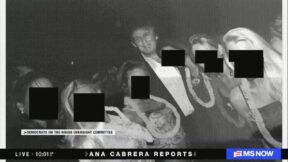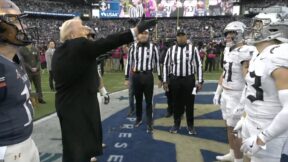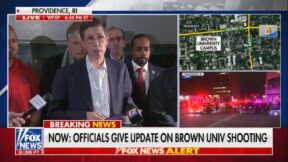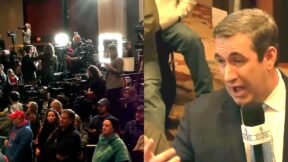AP Photographer Who Took Iconic Trump Assassination Attempt Photos Testifies on Being Banned From the White House
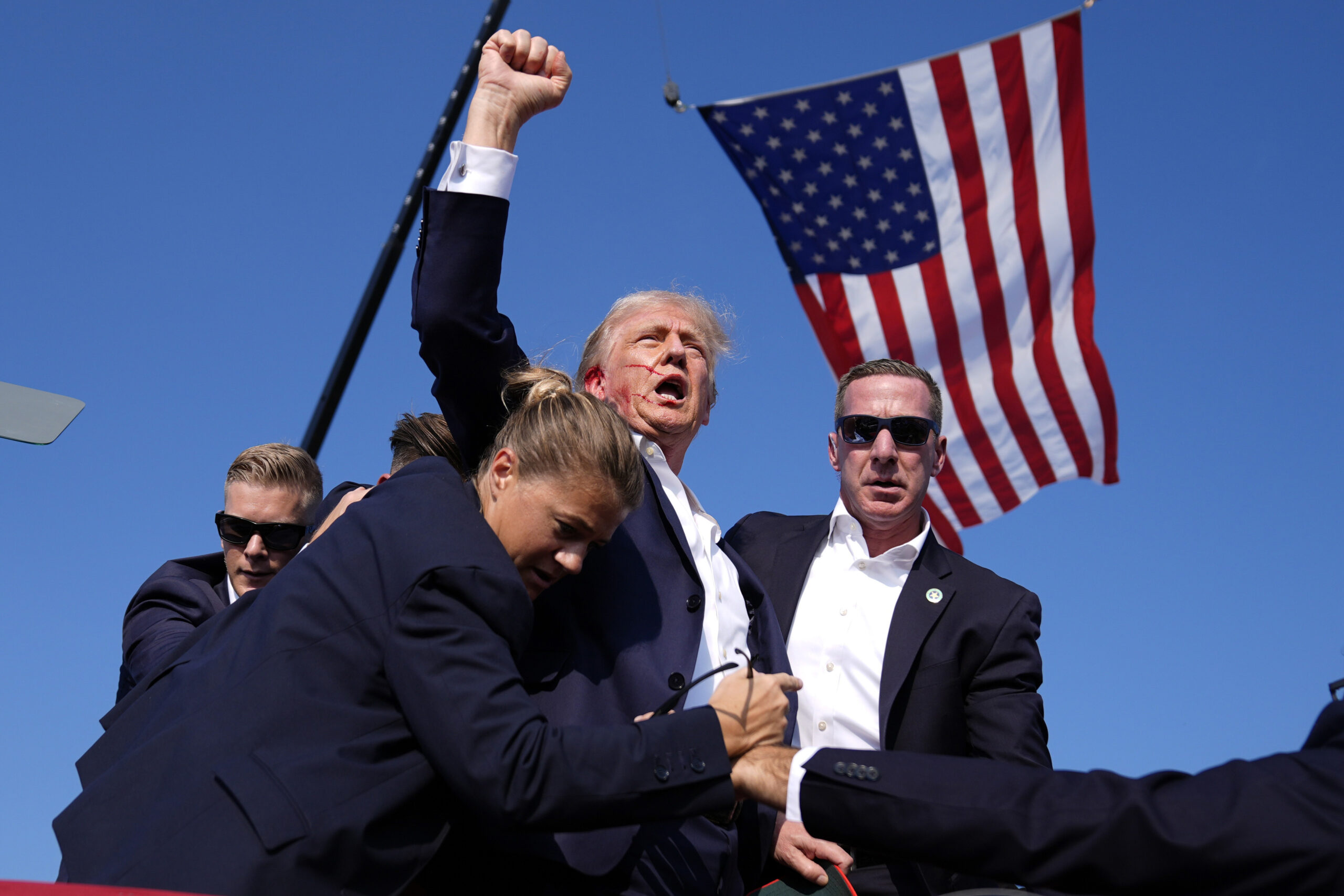
(AP Photo/Evan Vucci)
Evan Vucci, the Associated Press photographer responsible for taking several of the most iconic pictures after President Donald Trump was shot last July, testified in court Thursday on the Trump administration’s decision to ban AP journalists from White House events.
Trump was the one who made the call to punish the news organization for not recognizing his declaration that the Gulf of Mexico should henceforth be known as the Gulf of America, according to both the White House and the AP’s reporting. The AP is challenging the ban on both First Amendment free speech and Fifth Amendment due process grounds.
On Thursday, U.S. District Judge Trevor McFadden listened to Vucci, who said that the ban was “hurting us big time.”
From Politico senior legal affairs reporter Kyle Cheney’s coverage of Vucci’s testimony:
On the witness stand, Vucci walked McFadden through the daily routine of his craft, emphasizing that the wire service’s work covering the president is measured in seconds. Sending an image around the world later than a competitor — even just moments later — is seen as a crushing defeat.
“It kills us, sir,” Vucci said of the professional anguish. “We’re getting destroyed. Being in the room is vitally important.”
Vucci said that prior to the ban, on a typical day in the White House, he would carry three portable internet devices — one each on Verizon, AT&T and Sprint networks — to ensure he’s never delayed.
But now that the AP is barred from many of the president’s most critical events, the organization is forced to rely on the work of others and can’t be certain that important moments or details are being captured.
Vucci also described the AP’s vaunted history as a core part of the White House press pool. Vucci himself has been a White House press pass holder for 21 years and noted that he captured a similarly famous image of an Iraqi journalist hurling a shoe at President George W. Bush in 2008.
— —
